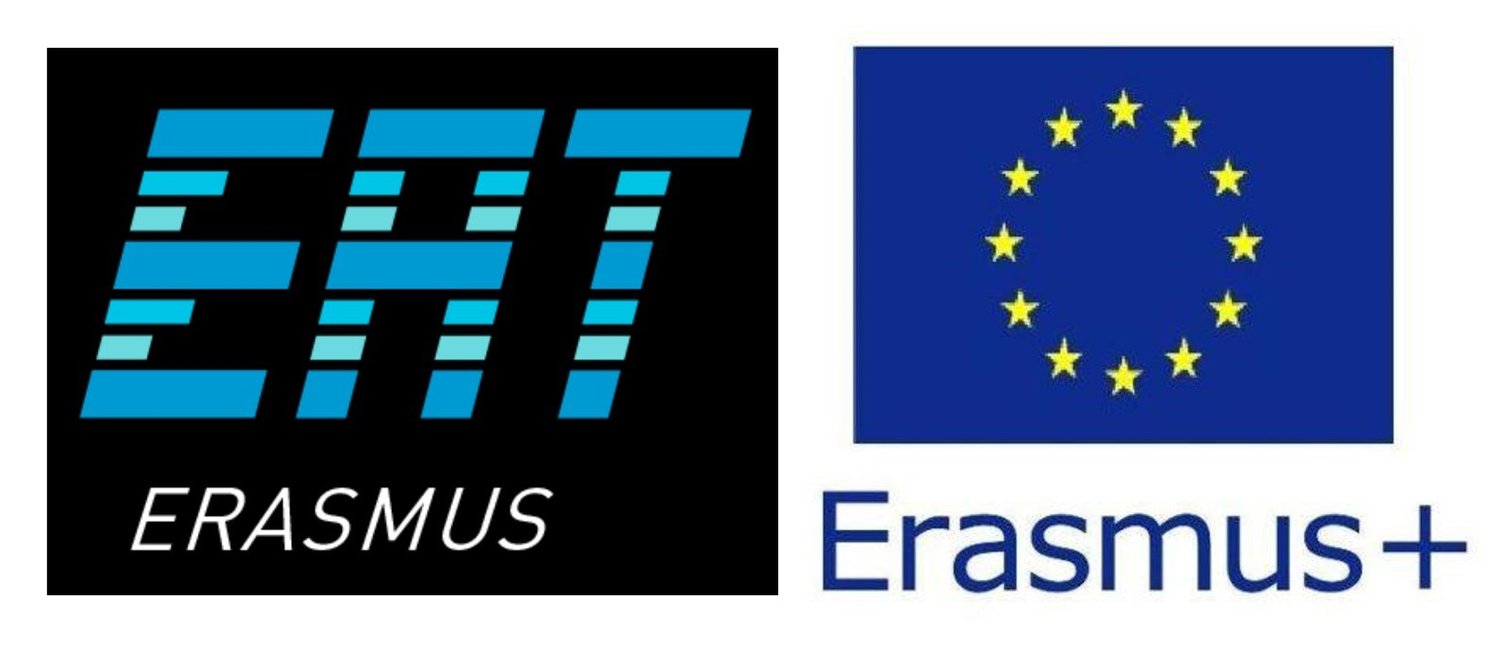Executive Summary
Students’ self-regulatory capacity impacts how well they do in higher education and their future careers. However, the complexity of self-regulation and the many constructs related to it, makes translation of research into practice complex (Jansen et al., 2019).
The quality of assessment practices in higher education internationally, and especially from an inclusion perspective, needs improvement. Student completion rates within higher education vary considerably from 59% in Norway to 81% in the UK, figures for Spain, Portugal and Kosovo are approx. 80%, 65% and 64% respectively (ALLED report, 2016; Vossensteyn et al., 2015; Williams, 2017). Supporting students’ self-regulation capacity is important in supporting students to manage their learning trajectories successfully as part of sustainable assessment practice.
From an inclusive perspective many students are left behind and marginalised in the education system for lacking the basic skills and strategies that are required to navigate and make best use of the learning resources available to them within higher education institutions (HEIs) (Dunlosky et al., 2013). Attending to students’ self-regulatory capacity can address attainment gaps and especially for the most disadvantaged students (Evans et al., 2019; Peeters et al., 2016).
In evaluating the quality of approaches deployed to support students’ development of the self-regulatory skills that matter, we need to consider impacts on educators and students, and on institutions as a whole, bearing in mind the use of robust approaches to measurement (Evans et al., 2018; Ifenthaler, 2017).
This resource was developed to support implementation of self-regulatory approaches to assessment. It is underpinned by the Equity, Agency, Transparency (EAT) conceptual assessment framework which promotes an integrated and inclusive approach to assessment and feedback. The report aims to:
Provide an overview of what self-regulation comprises.
Highlight the conditions required to promote self-regulated learning (SRL).
·Identify what high level self-regulatory skills are.
Provide a coordinating framework to support SRL development within assessment and feedback: Self-Regulatory Skills in Assessment Framework to support implementation of self-regulatory approaches in practice.
Provide case study summaries of relevant SRL research in practice.
The Self-Regulatory Skills in Assessment Framework (pp.44-50) was developed with colleagues across partner institutions (University of Bristol, Cardiff University, Eurogeo (Belgium), Iliria College, University of Minho, University of Zaragoza) to support understanding and implementation of a self-regulatory approach to assessment across contexts.
In sum, this report brings together work from different theoretical and conceptual perspectives and across different disciplinary domains to demonstrate how an understanding of self-regulation can be used to enhance assessment and feedback practice as part of an integrated approach drawing on the EAT conceptual assessment framework. Assessment can be leveraged to support students’ development of self-regulatory skills.
Defining SRL
Self-regulated learning (SRL) is a learner’s ability to regulate his/her learning in the pursuit of goals.
·SRL can be looked at in different ways: to describe the process learners go through when they try to master a task; to consider individual and contextual variables impacting the effectiveness of the learning process, and more generally to describe specific patterns of regulation (orientations) that students may exhibit in their approaches to learning.
SRL comprises a broad umbrella of constructs (Panadaro, 2017) that come together in many different ways to impact how individuals manage their learning contexts. Students may use combinations of strategies in many different ways to attain positive outcomes.
SRL is not an activity that learners pursue independently (Larsen et al., 2017).
While the emphasis of SRL is very much on metacognitive processes and knowing how we learn, self-regulation in reality is not a rational process, and this is especially true in our evaluations of the quality of our own work.
Importance of context
SRL is very much mediated by interaction with the environment (Hadwin et al., 2017).
Context matters. Individual learners use SRL approaches variably across context and time. Understanding of learner starting points, and the key self-regulatory skills required within a specific disciplinary context are important in promoting effective use of SRL.
SRL trajectories
Self-regulatory capacity can be developed. However, some individuals are more capable of SRL flexibility than others (Kozhevnikov, et al. 2014). Learners vary in the extent to which they can activate metacognitive flexibility (the ability to adapt strategies to best meet the needs of different situations). Many learners are tied to the habitual use of ineffective strategies (DiFrancesco et al. 2016) but the quality of the design and delivery of curriculum can make a significant difference to students’ effective use of strategies.
Practice, commitment, and motivation are key to assist learners’ development of SRL (see Cleary et al., 2006; Zimmerman & Kitsantas, 2002).
·SRL requires high level metacognitive skills. As noted by Schneider & Preckel (2017) students who do well academically are discriminatory in what and how they attend to learning. The key question is how we support learners to make good choices in their use of strategies and support them in implementing them effectively.
If assessments do not require students’ use of high level self-regulatory skills, they may see little reason to invest effort in developing them.
Self-regulatory capability, and metacognitive awareness does not necessarily result in the use of self-regulatory strategies in learning given the mediating effect of individual (e.g., motivation) and task characteristics (e.g., the nature of assessment) (DiFrancesco et al., 2016; Dresel et al., 2015).
There are different pathways within self-regulation. The way in which the learning environment is designed has a considerable impact on whether students self-regulate effectively or not. Assessment design and delivery can either trigger students to develop appropriate learning strategies to realise their learning goals, and/or promote students’ development of less effective learning strategies. For example, to protect their sense of self (e.g., self-worth; self-efficacy), learners may seek to avoid situations that make them feel uncomfortable (e.g., not seeking feedback for fear of negative impact).
Individual differences
SRL patterns will vary for different groups of students, and for the same student in different contexts, with varied impact on performance, requiring careful mapping of student learning trajectories to assess what makes a difference to how they perform.
Depending on students’ prior knowledge, experiences and capabilities, different approaches to self-regulation may be required.
An SRL focus is often seen as a way to ‘eliminate the impact of student characteristics such as socio-economic status and ethnic background on performance (Peeters et al., 2016). However, little is known about the competencies students need to realise self-regulation behaviours, and self-regulatory capability and metacognitive awareness do not necessarily result in the use of self-regulatory strategies in learning.
Levels of educator SRL knowledge and confidence in developing SRL strategies impact assessment design.
The issue is how best to promote SRL and adjust instructional strategies reflective of situational demands (Boekaerts & Corno, 2005; Dörrenbächer & Perels, 2016; Peeters et al., 2016). How can educators be best supported to achieve this?
Supporting the development of self-regulatory learning (SRL) capability involves:
Engagement is the golden thread in supporting SRL. Students need opportunities to be co-constructors of their learning contexts if they are to take responsibility for their own learning. Addressing student and educator perceptions of student engagement in learning, and what quality engagement comprises is an important first step in realising SRL (see section 5.1).
Institutional commitment to providing the structures, policies, and processes to embed student engagement within the curriculum.
Closing the significant research-practice gap between what we know about effective SRL and what happens in practice. The underpinning conceptual framework informing this work is that of the EAT Framework (Evans, 2016, 2021) which brings together research on engagement, individual differences, self-regulation, and assessment practice with the aim of bridging this research practice gap.
Identifying key principles underpinning effective assessment practice. These include ensuring that sufficient challenge is embedded in assessment design so that assessments test the high level SRL skills that are valued (3.1). Clarifying those high level SRL skills required within specific contexts. (see section 4.3)
o Attending to student beliefs about learning and their motivations in developing learning environments that support student autonomy. This also requires more focused attention on supporting students in goal setting. (5.1)
o Exploring students’ patterns of learning at point of entry and providing early opportunities for students to test their understanding. (5.2)
o Ensuring transparency of the learning process through the giving of explicit and focused guidance to allow focus on those things that matter most in learning. (5.3)
o Enhancing student access to learning by making local cultures of learning explicit. (5.3)
o Using data effectively to support the learning of all students.
o Ensuring an integrated approach that addresses metacognitive, cognitive, and affective dimensions of learning. (5.3, 5.4, 5.5)
o Embedding SRL strategies within disciplinary contexts and progressively developing them throughout a programme. (5.6)
o Ensuring high quality training for students and educators in the development of SRL strategies including evaluative skills regarding the efficacy of different approaches.
Providing students with repeated exposure to observing, practicing, and applying self-regulatory skills across a variety of contexts (e.g., embedding self and peer assessment activities throughout a programme of study (5.9; 5.10).

